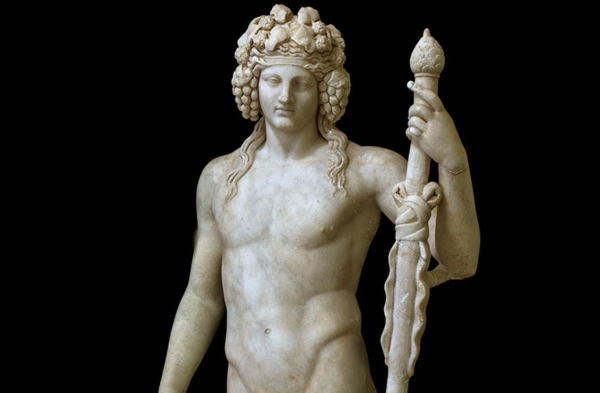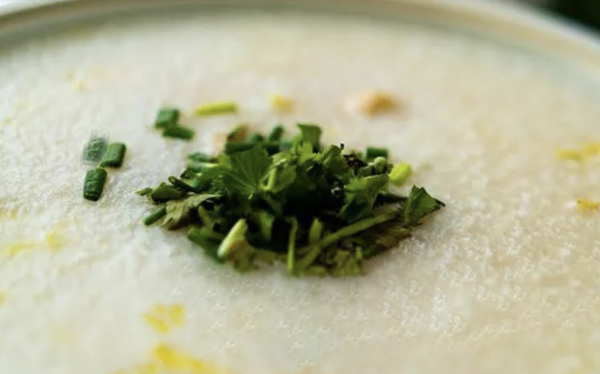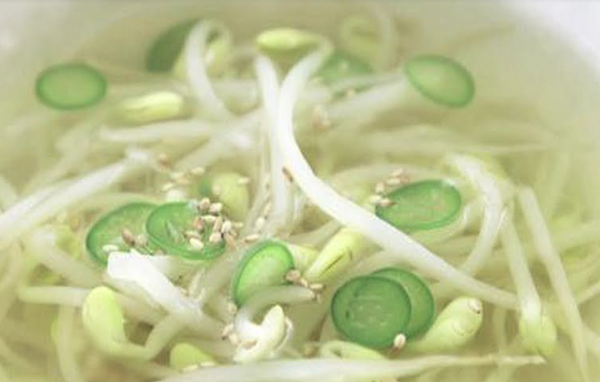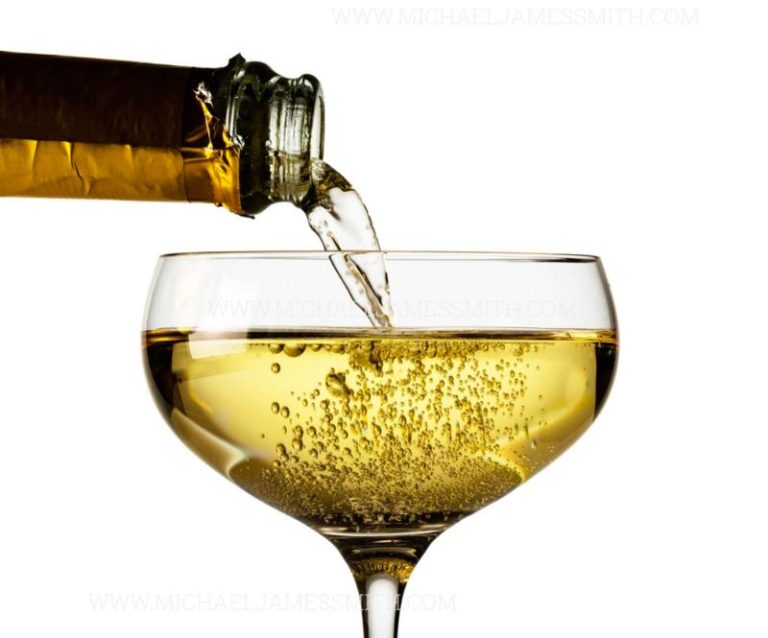Published with permission from LuxuryWeb Magazine
Since the dawn of alcohol, hangovers have plagued humanity across all cultures. From “hair of the dog” to raw egg remedies, and even South American ceviche, people throughout history have sought ways to ease “the morning after.”
Pliny the Elder was perhaps the most famous compiler of hangover cures in ancient times. To this day, it’s hard to find a remedy he didn’t mention. One of his more peculiar suggestions was wearing an amethyst necklace while drinking (amethyst, derived from Greek, means “not being drunk”).

Another involved wearing a necklace of flat-leaf parsley after a heavy night of drinking—though personal experience suggests it’s not particularly effective. Pliny also recommended lightly boiled owl’s eggs for breakfast, but finding owl eggs nowadays might be a challenge. If the eggs didn’t work, he proposed a “snack” of eels stewed in red wine!
Ancient Jewish beliefs and later Christian apocryphal stories suggest that the “Tree of Knowledge” in Paradise wasn’t an apple tree, as often depicted, but a grapevine, making the forbidden fruit grapes. In fact, viticulture, the cultivation of grapevines, began shortly after the Great Flood, over 10,000 years ago. So, mankind has been trying to cure hangovers for a very, very long time!

Success
You are now signed up for our newsletter
Success
Check your email to complete sign up
In Greek and Greek-influenced cultures around the Mediterranean, Dionysus (or Bacchus, as the Romans knew him) was the God of Wine. These cultures, from the heroic figures of the Iliad to Alexander the Great and his conquering armies, all made sacrifices to Dionysus.
Antiphanes, an esteemed ancient Greek historian, famously wrote a remedy that still resonates today:
“Take the hair, it is written,
Of the dog by which you’re bitten
Work off one wine for its brother.”
In other words, the “Hair of the Dog” remedy has been with us for over 2,500 years.

Medieval healers concocted all manner of strange mixtures to combat hangovers. The Regimen Sanitatis Salernitanum, a medical compendium, recommended mixing wine with ashes of scorpions or steeping wolf’s liver in what we’d now call medicinal alcohol. And, of course, the “laying of hands” by a bishop was touted as highly effective!

The Vikings, known for their love of spirits distilled from various fruits and grains, swore by a remedy involving moss cultivated in a human skull. The moss was dried, powdered, and snorted. During my time in Greece, a teacup of very strong Greek coffee without sugar — known as “polla vari ke ohi” or “very heavy without” — was considered the ideal remedy. If the hangover wasn’t too severe, it did seem to shorten the misery.
An old Zulu hangover remedy calls for pickled sheep’s eyes in tomato juice! While traveling through Munich over 60 years ago, I was advised that the best hangover cure was to take an aspirin with a glass of rainwater. However, I wouldn’t recommend this, as the acetylsalicylic acid in aspirin can negatively affect your liver when combined with a large amount of alcohol.
In the 1980s, a friend in Finland suggested a “Panacea” of stale beer laced with angostura bitters, canned anchovies, and raw mashed garlic, all downed in one gulp. I tried this concoction once… and never again! A much more pleasant suggestion from another Scandinavian friend was to sweat out a hangover in a sauna. After a session with Ålborg Aquavit, I found that it seemed to work. Skål!
During my time in London in the early ’60s, Milk Thistle capsules were hailed as a great recovery aid after multiple pints of Bitter Ale.

In China, one of the most popular hangover cures is chicken congee, a porridge made with rice and chicken stock. Another is Sour Plum Soup, which helps replace lost salt and potassium due to dehydration from alcohol. Bao He Wan, an ancient Chinese herbal formula, is popular in Southeast China and Hong Kong as an herbal tea thought to relieve hangovers, headaches, and boost Chi.
A very popular remedy with a long history is tea from the leaves of Hovenia dulcis — the Japanese raisin tree — which was first brewed at the Imperial Court of Cathay as a hangover-fighting tea around 660 BC.

In South Korea, the “Bacchus” beverage has been popular for many years. Originally sold in pharmacies as an “herbal medicine” to prevent colds and cure hangovers, it’s still widely used. However, the most popular hangover remedy in Korea is Haejangguk, a vegetable soup. Many of my Korean friends believe that along with water or fruit juices to prevent dehydration, this soup is extremely effective.
The US National Institutes of Health acknowledges that “alcohol re-administration alleviates the symptoms of alcohol withdrawal and hangover” (sic). After considerable early personal experiences, I’ve come to believe that prevention is the best approach. But if you do overindulge, a blend of fruit and vegetable juices or green tea can help with hydration.
That said, I’ve come to love some of the remedies, like seafood ceviche and mote (large kernels of white corn) served at 4 a.m. in Santiago’s Mercado Central. Whether it worked or not, I had plenty of it.
Cheers to your health!
Visit LuxuryWeb.com to see the original article, and more.







